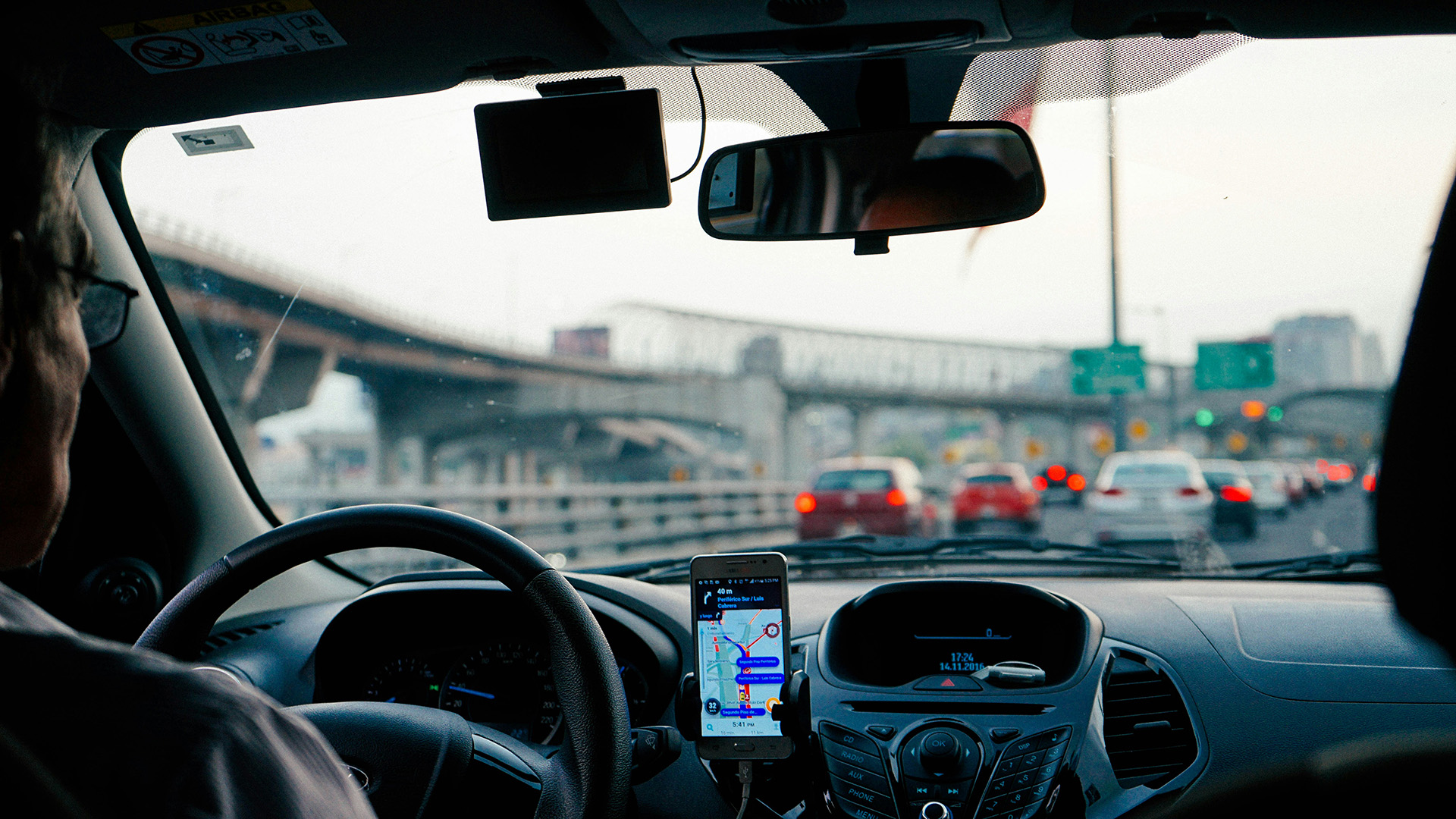The construction industry is undergoing a transformation thanks to smart sensors that, through IoT, monitor operations in real time, make job sites more efficient, safe, and profitable. These sensors facilitate the management of equipment and materials, improve worker safety, and enhance overall productivity.
What are Smart Sensors?
Smart sensors differ from traditional sensors by integrating data processing locally, which accelerates responses and optimizes decision-making. In the construction sector, they are used to monitor environmental conditions, equipment, and structures, such as bridge integrity, enabling preventive maintenance and avoiding breakdowns.
Applications in the Construction Sector
- Equipment and Material Management: Sensors track the location of resources in real time and monitor the condition of machines, alerting when maintenance is needed.
- Safety: Sensors embedded in helmets and vests monitor workers’ vital signs and prevent accidents.
- Supply Chain: They track materials from their source to the job site, reducing delays and improving logistics.
- Compliance and Documentation: Sensors continuously collect data, which is useful for quality management and dispute resolution.
Success Stories
Buildings such as the Bullitt Center in Seattle and Microsoft have successfully reduced costs and optimized their operations through smart sensors, highlighting the enormous potential for energy savings and operational efficiency.
Challenges and Opportunities
Despite challenges such as cybersecurity and system interoperability, smart sensors continue to gain importance, promising to revolutionize the construction sector throughout the building lifecycle.
Conclusion
Smart sensors are modernizing the construction industry, enabling more efficient and secure project management. By adopting these technologies, companies can gain a competitive edge and ensure the sustainability of their operations.



